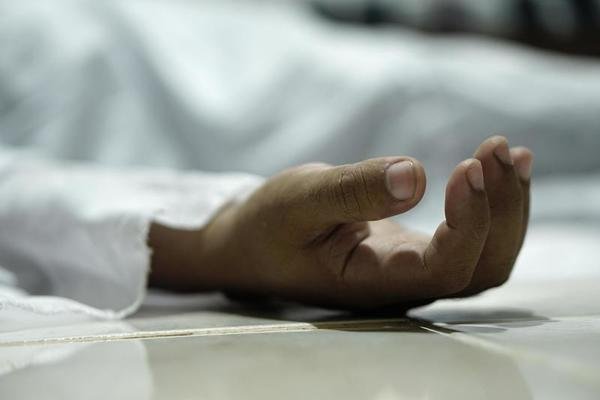The Purdue University community, along with the broader academic world, has been deeply saddened by the untimely death of Sameer Kamath, a bright 23-year-old Indian-American student pursuing his doctoral degree. The circumstances surrounding his passing, ruled as suicide by authorities, have sparked conversations not only about the fragility of life but also about the critical need for enhanced student safety measures and mental health support on campuses.
Sameer Kamath’s story is one of immense promise and potential, abruptly cut short in the serene surroundings of Indiana’s NICHES Land Trust – Crow’s Grove. Found deceased on February 5th, with a self-inflicted gunshot wound to the head, Kamath’s passing has left a void in the hearts of those who knew him and has prompted soul-searching within academic circles.
The Warren County Coroner’s Office, after conducting a forensic autopsy, officially declared Kamath’s death as suicide. However, this ruling only scratches the surface of the profound issues at play. Beyond the individual tragedy lies a broader narrative of student well-being, mental health, and the pressing need for systemic change.
Justin Brummett, Coroner at Warren County Coroner’s Office, expressed condolences to Kamath’s family and highlighted the collaborative efforts underway to investigate the circumstances surrounding his death. The support from multiple local and federal agencies, in conjunction with Purdue University Administration, underscores the seriousness with which this issue is being addressed.
Sameer Kamath’s academic journey, as detailed by The Purdue Exponent, paints a picture of resilience and ambition. Hailing from Massachusetts, Kamath pursued his passion for mechanical engineering, earning his bachelor’s degree from the University of Massachusetts Amherst before joining Purdue University in 2021. With aspirations to complete his doctoral program by 2025, Kamath embodied the spirit of determination and academic excellence.
However, Kamath’s tragic demise is not an isolated incident. It is part of a disturbing trend affecting students of Indian-origin in the United States. Recent events, including the brutal attack on Syed Mazahir Ali in Chicago, the mysterious death of Neel Acharya on the Purdue University campus, and the horrific murder of Vivek Saini in Georgia, underscore the urgent need for improved safety measures and mental health resources within academic communities.
In light of these tragedies, it is imperative for universities to prioritize the mental health and well-being of their students. While academic excellence is undoubtedly important, it should not come at the cost of student welfare. Universities must invest in robust support systems, including counseling services, crisis intervention programs, and culturally sensitive resources, to ensure that students feel supported and empowered to seek help when needed.
As we mourn the loss of Sameer Kamath and other students whose lives have been tragically cut short, let us also commit to creating safer and more compassionate academic environments. Let us honor their memories not just in words but in tangible actions that prioritize student safety and well-being above all else. Together, we can build a future where every student feels valued, supported, and equipped to thrive.
